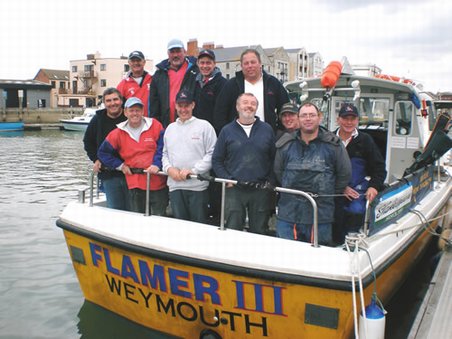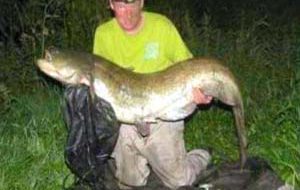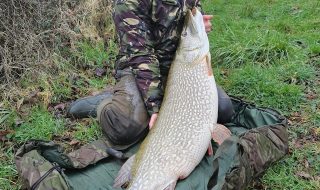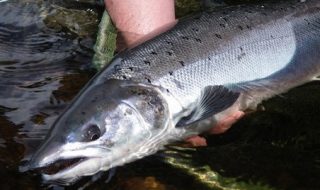Angling charter boat skippers in England have seen revenues slashed by more than one-fifth as a result of tough restrictions on recreational bass fishing introduced this year. Anglers have been reluctant to spend up to £600 a day on bass charter fishing trips only to be allowed to take one fish home to eat. As a result, coastal communities are losing several million pounds in valuable tourism revenue as anglers stay away.
The findings are the result of three separate surveys carried out among charter boat skippers, bass guides and sea anglers to determine the true socio-economic impacts of “conservation” measures for recreational bass angling introduced last January. These included a six month no-take period for anglers from January to June, followed by a one fish per day bag limit from July to December, which many felt disproportionately impacted the recreational sea angling (RSA) community.
A survey carried out by the Professional Boatman’s Association (PBA) showed that an estimated £2.87 million is projected to be lost by charter boat businesses, which take anglers to sea to fish recreationally for bass and other species. The losses amount to more than 50 per cent of the total value of commercial bass landings in the UK, with individual charter skippers reporting an average of 22 fewer bookings and losing more than £8,000 in revenues.
A survey carried out by the Angling Trust of bass angling guides, who offer a tailored service for small groups of anglers from the shore or from small boats, also reported 30 – 70 per cent fewer bookings in May and June this year compared to 2015. This reduction in bass angling activity was supported by the results of an online survey of sea anglers run through the University of Southampton, with many confirming that, as a result of the restrictions, they now had a reduced inclination to go bass fishing.
Fewer bass fishing trips will also have had a knock-on effect on coastal tackle shops, accommodation, restaurants, pubs, petrol stations and other businesses, and this is particularly damaging in deprived coastal towns. A further estimated £3 million is estimated to be lost in revenues to coastal businesses this year as a result.
Ian Noble, Chairman of the PBA, recently presented the findings of the socio-economic surveys to members of the European Parliament at a bass forum event in Brussels organised by the European Angler’s Alliance. This event brought together key stakeholder groups to discuss the potential management measures for bass stocks in 2017, with angling groups eager to emphasise that further restrictions to recreational anglers would be unacceptable and highly damaging.
Ian Noble said: “The bass restrictions are causing severe financial problems for the charter boat industry and supporting service groups whilst netting of bass is rewarded with an increased quota. The unfairness is staggering.”
Charter skipper Paul Whittall from Weymouth in Dorset said: “So far I’ve had 36 bass fishing trips cancelled as a direct result of the measures placed on anglers. That’s over £21,000 in loss of income. I wonder whether those politicians who decided on the measures would be happy having their income cut like this too.”
David Mitchell, the Angling Trust’s Head of Marine, said: “Recreational anglers and the businesses that supply them with goods and services have taken a disproportionately severe hit from this year’s bass conservation measures. Angling has a relatively small impact on bass but pumps millions of pounds into coastal communities. The current system sees bass stocks still in decline due to commercial fishing while angling dependent businesses suffer too – it’s madness.”
Read the full results of the socio-economic impact surveys here.






